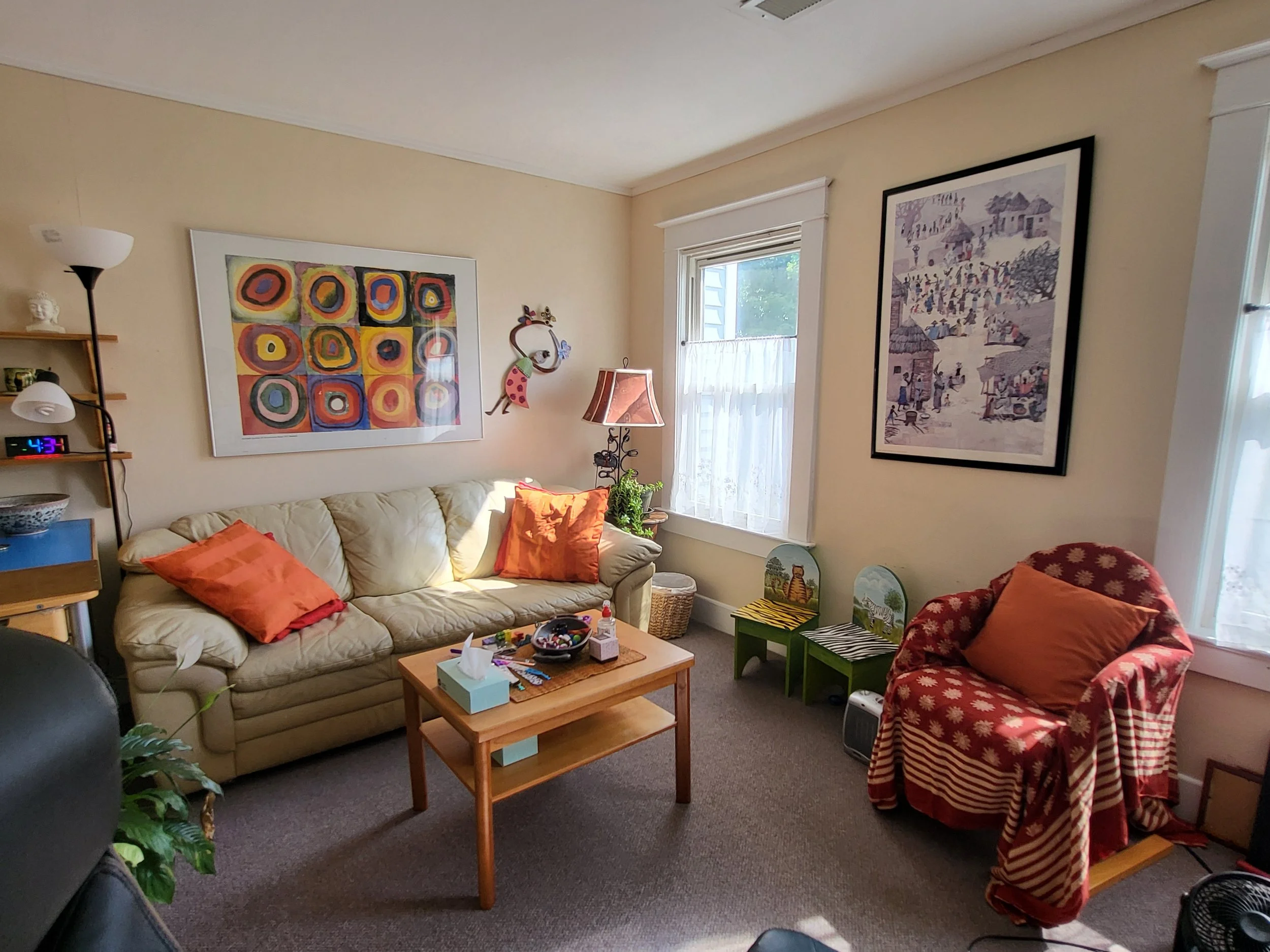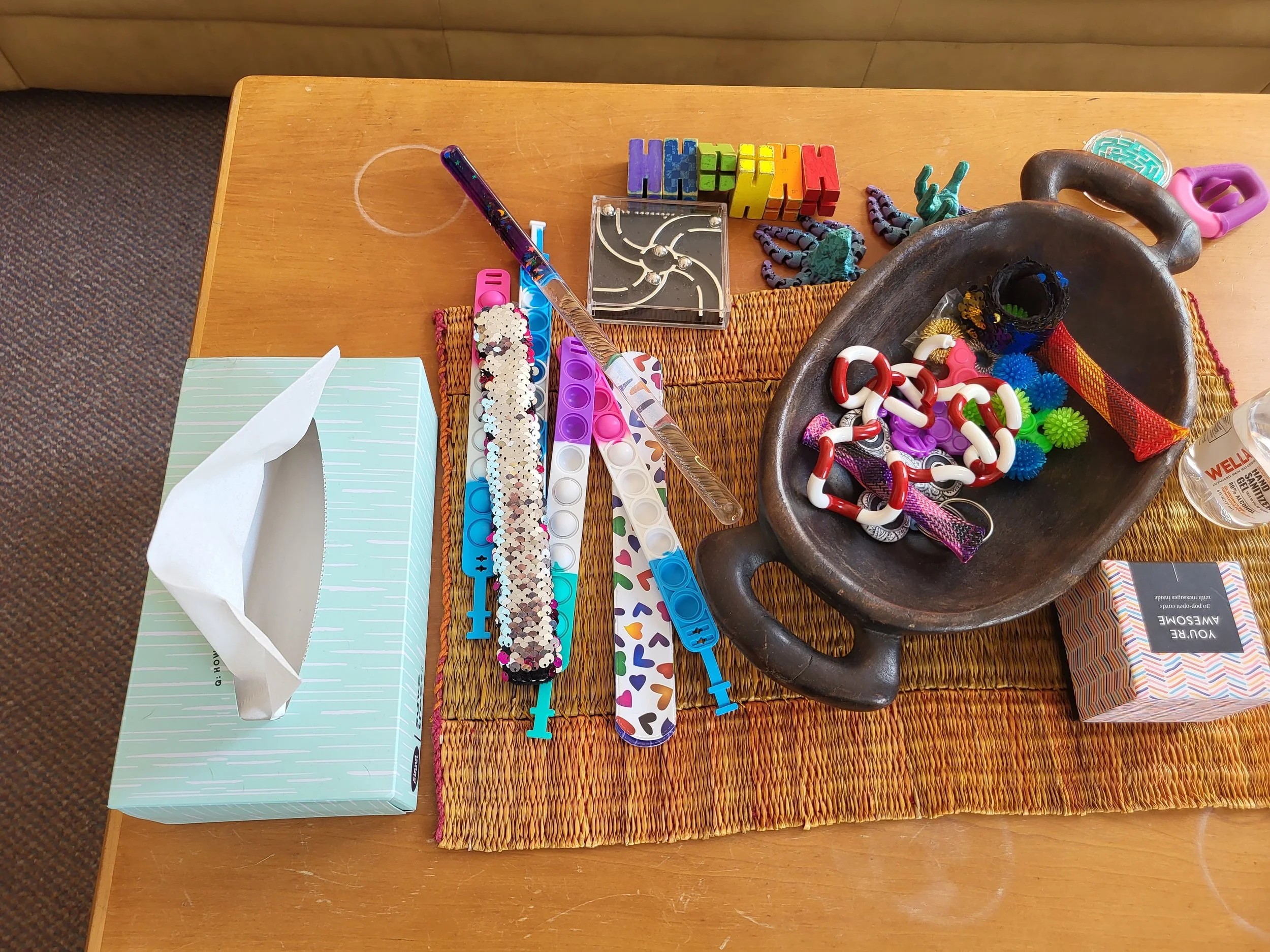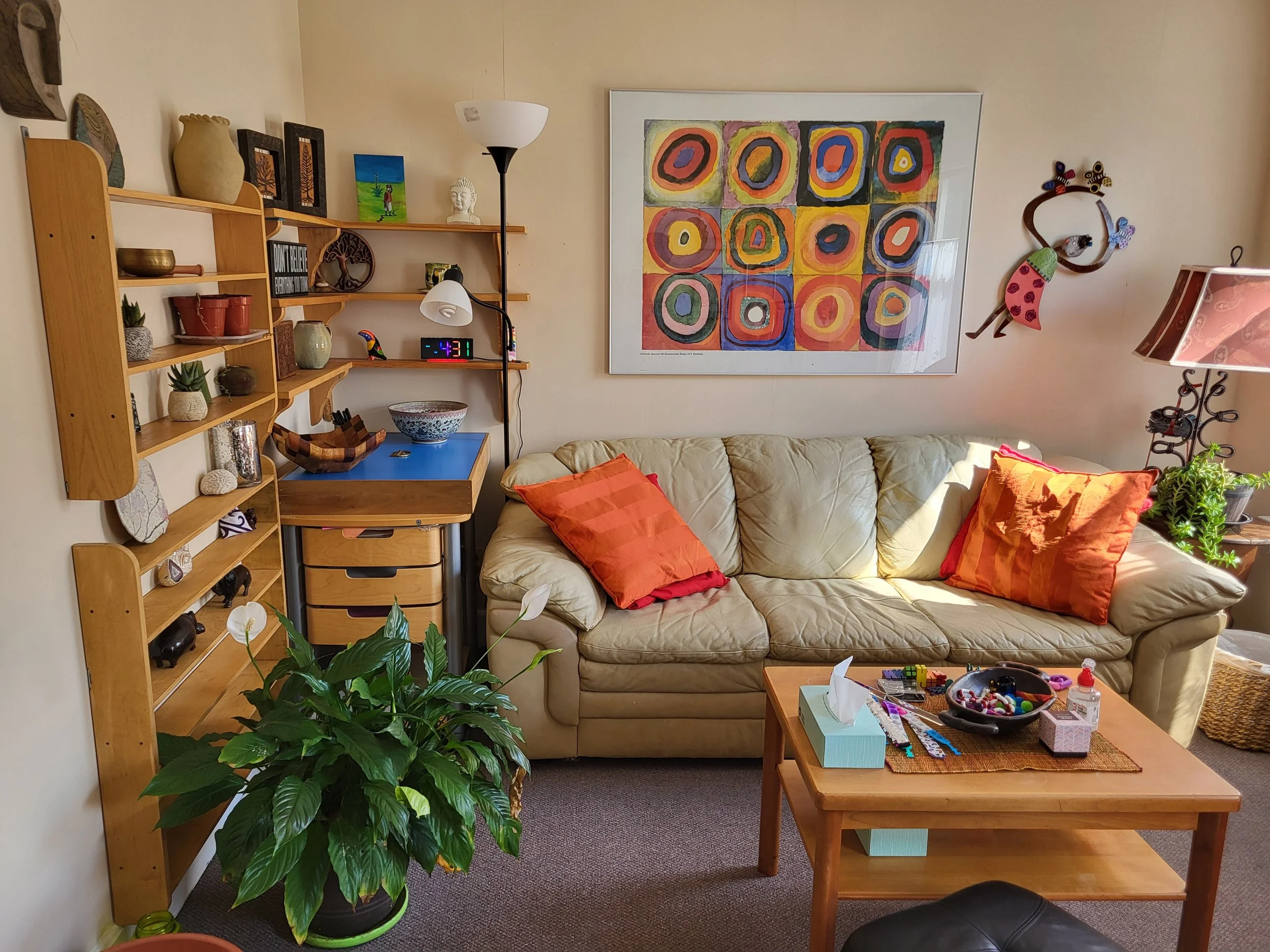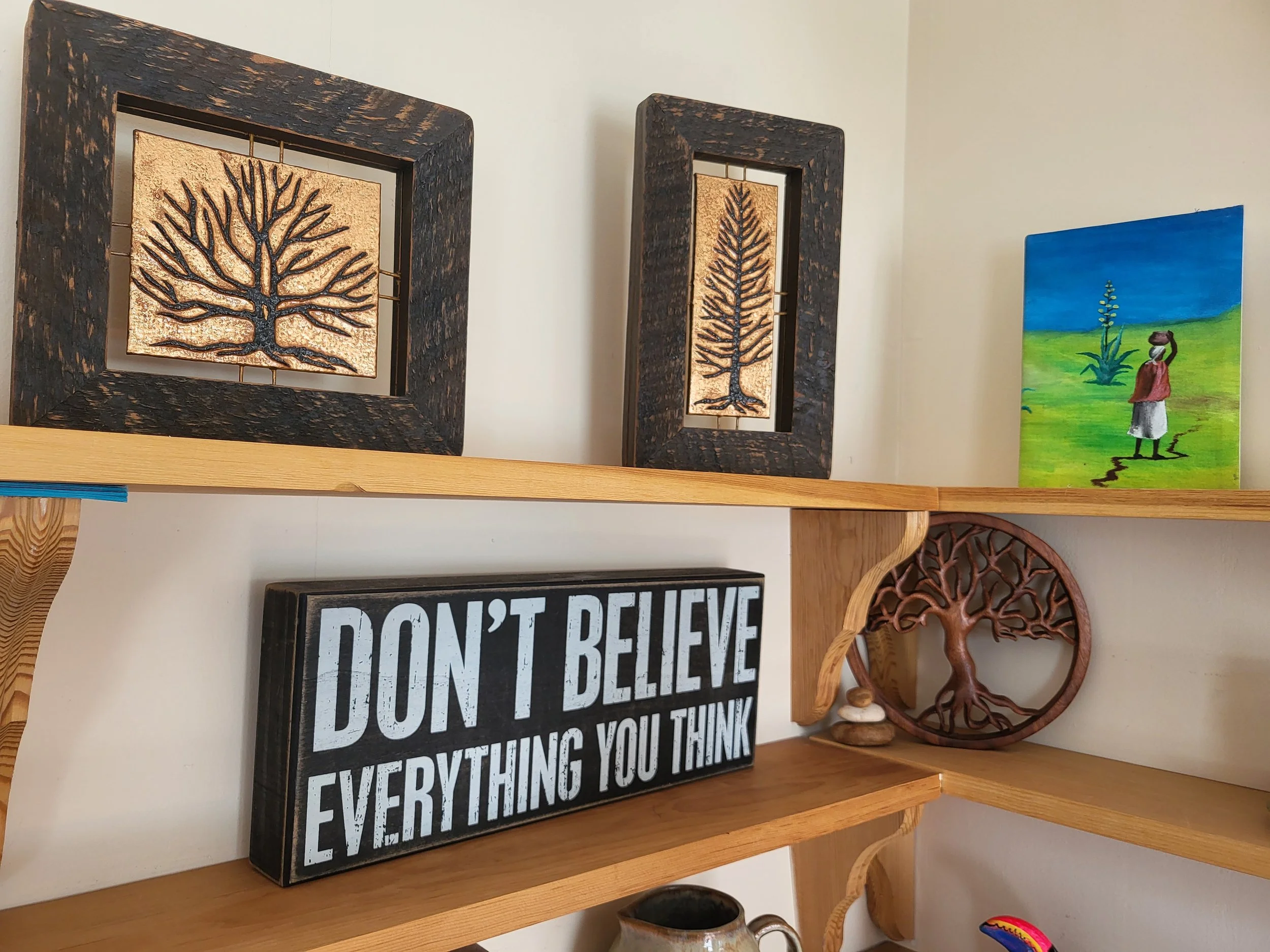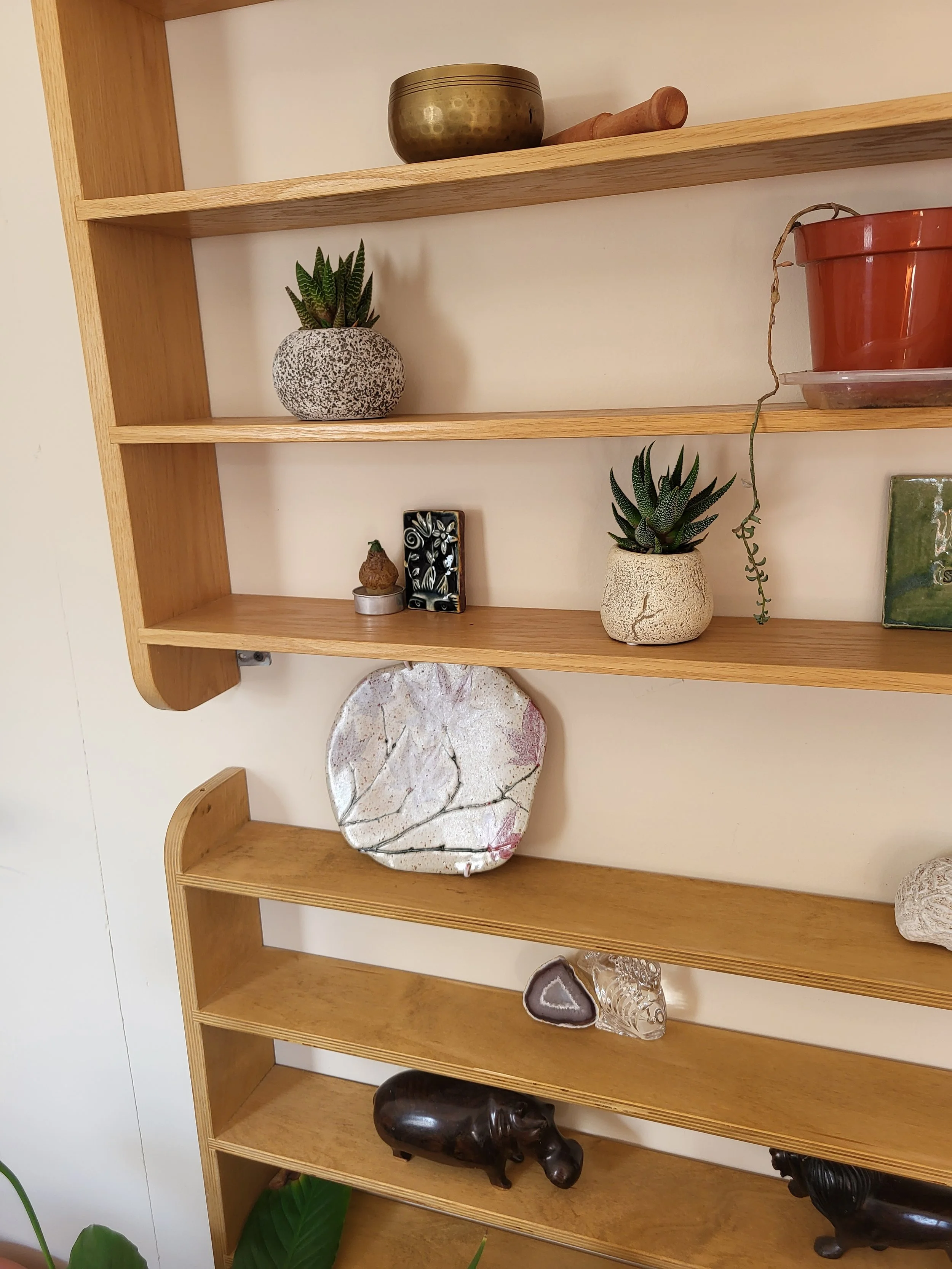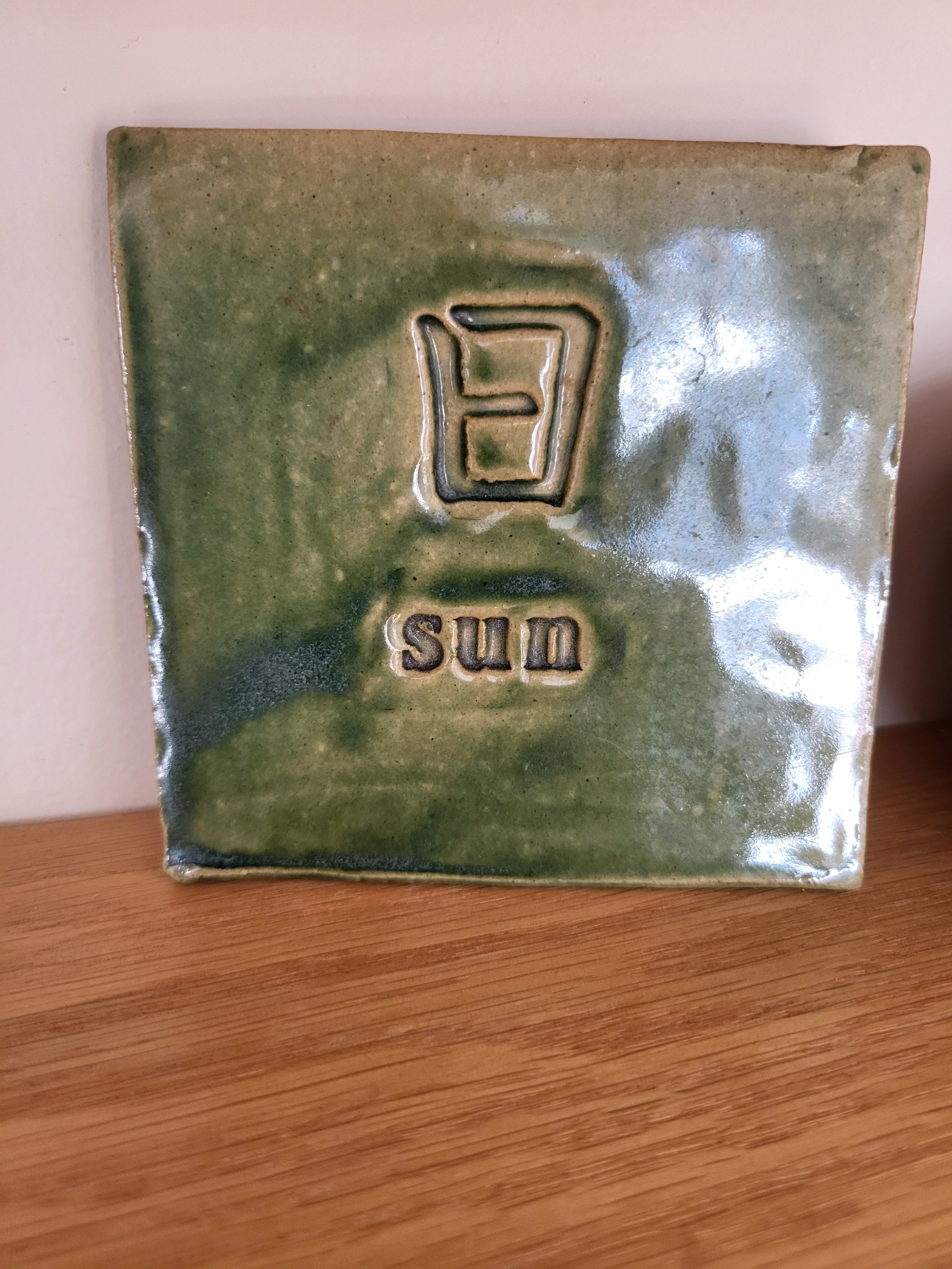How will therapy help?
There are two major foundations that ground and guide my work:
1)I believe our work together is a collaboration between us, and that collaboration is part of the healing. I may be a guide who has travelled some of the paths before, but you are the expert and authority on you - what direction you need to go, when you need to rest, and when we need to change course. I believe you already have all the pieces you need to heal, we just need to find them and discover how to utilize them to thrive and grow.
2)I believe strongly that many of the challenging behaviors, thoughts, and experiences folks come to therapy to overcome are parts of you that are working hard to try to help you. Rather than being pathologized, I believe these parts need to be understood and recognized, so they can ultimately stop working so hard or learn other ways of being. Every part of you is welcome and important in our work.
I strongly believe the most effective therapy begins not from a single theory or technique, but from the fit between the client and the approach. Therefore, I try to work together with my clients to see what is most effective for you. Having said that, I have found over the years that working to care for and integrate various parts of ourselves (Internal Family Systems) is an approach that feels accessible and validating to a lot of folks. I have also also found that working to become more aware of, and connect with our body through somatic approaches, and mindfulness can be a powerful tool when just trying to think our way out of a problem isn’t working, and feelings may be either overwhelming, or hard to connect with. I also find that understanding the things your brain learned early on about attachments to other people, can help us understand and potentially shift the ways you connect and relate now.
What exactly is therapy?
Therapy an experience of connection you and I create together based on your comfort and needs, that you can utilize to grow and meet your goals. It is a safe, predictable relationship where you can explore, try new ways of interacting, and experience support or care you may have needed but not yet had. Therapy happens in a specific time and space, with ethical and professional boundaries, to offer consistency and predictability that isn’t always possible in other contexts and relationships. Ultimately, the goal is to deepen your confidence, self- awareness, and relationship with yourself so that you can interact outside of therapy in ways that better meet your needs and feel more fulfulling.
I practice in an old home, on a quiet street, around the corner from award winning coffee, bubble tea, and delicious food from around the world. Many clients who come in person enjoy spending a few hours on self-care, walking by the river, or journaling while enjoying a bite to eat.
Will this be awkward?
Sometimes folks wonder if sitting and talking to a stranger will be too awkward. Yes, therapy can be awkward, especially at first. It might be a relief to just be able to say so. On the other hand, I believe for therapy to be accessible to more folks and truly healing, we need to be able to think outside the box… or in some cases the room. Did you know in the early days of psychotherapy patients and therapists rarely made eye contact?
Do you have trouble sitting perfectly still for 45 minutes? So do I! See on the left my collection of fidgets! I also have paper and art supplies. Remember, we create this space together. If eye contact is getting in the way or feels like “masking,” perhaps we need to minimize it or ditch it all together. Would you be able to focus better if we were moving? Perhaps we need to make a plan where we can walk? Or, virtual might work much better for you. Let’s talk about what you need in your space and what feels best to you. And remember, we can make shifts and changes at any time! the most important thing is for you to feel like you can be honest with me about what’s working and what isn’t.
I work with adults, as well as adolescents as young as 10, who have a wide variety of concerns and issues, including depression, anxiety, ADHD, and challenges in all kinds of relationships. The following are some other less common areas of expertise that I have experience with:
SPECIALTIES
Non-Monogamy, Non-Traditional Families and Relationship Structures
Psychogenic (Emotionally Derived) Pain and Health Concerns
Kink/BDSM
Political and Identity-Related Loss of Family, Religious, or Community Ties
Mixed Orientation Relationships
“Complicated” and “Unusual” Experiences of Identity
Gender Identity, Sexuality, LGBTQ+, Transition Support, Coming Out
Exploring and Strengthening Identity and Self, Unmasking
Attachment Challenges and Trauma
Relationships, Sex and Intimacy, Sexual Concerns
Codependence, Connection and Boundaries
Impacts of Politics, Minority Stress, and Climate Grief on Mental Health
Therapy with Activists, Healers, Musicians and Artists
Mindfulness and Somatic Healing, Spiritual and Energetic Healing
Parenting (Including of LGBTQ+ Youth and Youth with Mental Health Challenges)
